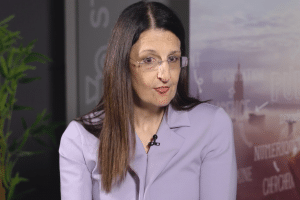Human Dignity and Neurorights in the Digital Age
by Edgar Gastón Jacobs and Marina de Castro Firmo Some time ago, the expectation of mind invasion or manipulation of people by technological devices was only seen in movies and science fiction books. Examples included erasing people's memories in Men in Black, modifying the behavior of criminals in Clockwork Orange, and arresting people who are about to commit a crime in Minority Report, all of which entertained and invited people to reflect on the future. Today, the massive flow of data and advances in science, particularly in neurotechnologies and artificial intelligence, have made these concepts an emerging field that requires further study and regulation by the legal community. Advanced technologies, such as brain-machine interfaces, wearable and implantable devices, and advanced algorithms, have made neurolaw an increasingly important field.








